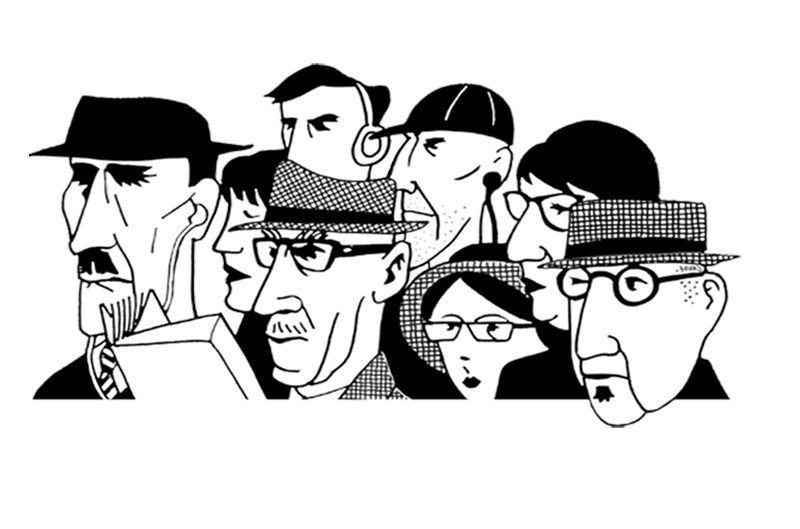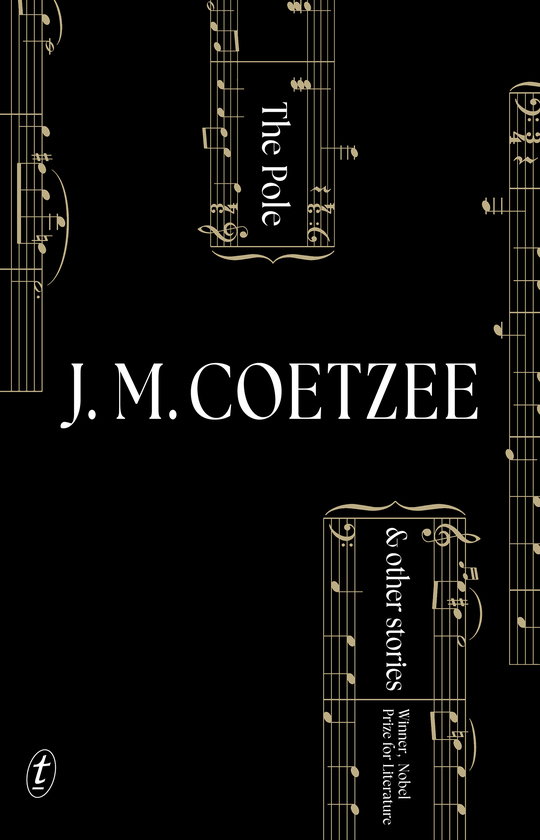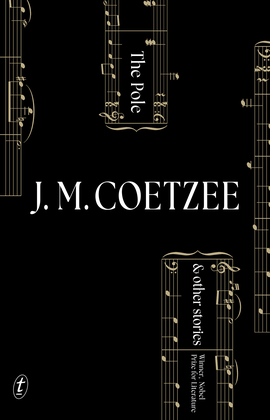These six stories by Nobel Prize-winner J. M. Coetzee show us, once more, a writer confronting moral and emotional quandaries, often with wry humour. In the lead story, ‘The Pole’, concert pianist Witold attempts to play out a romantic fantasy with local music devotee Beatriz. In person and in their correspondence, he is persistent, she resistant, but curious. It doesn’t end quite as she might have imagined.
The redoubtable character of Elizabeth Costello appears in four stories, engaging in philosophical discussions about death, motherhood and ethics with her adult children, in particular her son John.
The Pole and Other Stories will make you think differently about life, death and animals.
INTERVIEWS and REVIEWS
ABC Listen: The Book Club: Short Stories (0:11:31)
Age
Australian Book Review ($)
Books+Publishing
Conversation
Conversation: Best Australian books of the 21st century: as chosen by 50 experts
Guardian: ‘Exciting’, ‘bold’, ‘laugh out loud’: the best Australian books out in July
Guardian
Guardian
RNZ: Nine to Noon
Saturday Paper
Shelf Awareness
andThe Pole and Other Stories
‘To be hilarious about Heidegger is quite an achievement, but J.M. Coetzee pulls it off in one of these stories. Others, written in his beautifully limpid prose, raise profound questions about love, romantic and unromantic, growing old, and how we relate to animals. A marvellous collection that will delight and surprise you.’
‘Coetzee is the most radical shapeshifter alive.’
‘Coetzee is a master we scarcely deserve.’
‘Freed from literary convention, Mr Coetzee writes not to provide answers, but to ask great questions.’
‘One of the finest authors writing in the English language today.’
‘One of the best novelists alive.’
‘A major force in contemporary writing. A master, in fact.’
‘‘The Pole’, the extended title story, is a fine, reflective literary work that will intrigue, abrase and tease…This story is written with an elegance of expression that acts as a deliberate veneer to cover (or expose) the emotion, messiness and unpredictability of life. It epitomises ‘the art of fiction’.’
‘Coetzee’s gaze, in a manner that only Tolstoy and a few other writers might realise, is unblinkingly directed here towards last things. The Pole takes the author’s perennial concerns (particularly those dealing with our treatment of animals) and reworks them in minimalist form…Coetzee proves himself a true and loving creator.’
‘Accomplished, elegiac and quietly moving…Beneath plain spoken surfaces unexpected depths are often revealed, melancholy and glinting with flashes of sweetness, humour, and grand, existential strangeness.’
‘[The Pole] has a ravishing originality, an intense surge of full-blooded feeling that makes the reader gasp at the mastery of literary form and the reconfiguration of its every jot and tittle. This is major fiction and it deserves the attention of anyone with a belief in the way the tesserae of storytelling can recreate a world both intimately familiar and the invocation of emotions and their enactment, which are sweepingly strange…A masterpiece…A thing of wonder, inscrutable, heart-stopping and profound.’
‘It may only serve as a coda to his late masterwork [the Jesus trilogy], but The Pole still radiates with Coetzee’s characteristic wit, clarity and humane insight.’
‘Coetzee the purist has always written close to degree zero; the prose in The Pole is glacial, though we sense swift torrents flowing deep under the ice…There will be no striving after-effects, and nothing of the merely picturesque…The strongest piece is ‘The Glass Abattoir’, in which Elizabeth Costello returns to a proposition she previously put forward, “that people tolerate the slaughter of animals only because they get to see none of it”.
‘The latest novel from the Nobel Prize-winning author of Disgrace concerns a Polish pianist who falls in love (or in lust) with a married woman. Not interested at first, she soon finds herself drawn into her pursuer’s orbit—which is not to say he has won. Coetzee is a master of shifting power dynamics and complex relationships; this slim book should be a treat.’
‘Coetzee is perhaps the greatest living philosopher working in the novel form…No other writer can put together sentences at once so apparently simple and so minutely attentive to the near-invisible gradations of meaning etched into every word…Every addition to such an oeuvre is a precious gift to be treasured.’
‘The Pole and Other Stories is a timely reminder of Coetzee’s extraordinary literary legacy, which is so much more profound than this modest understatement would suggest. There has been an enormous amount of scholarship on his work and these stories provide a taste of why this is so…The publication of this collection is a welcome and significant tribute to this brilliant writer and, for readers new to his work, provide a gateway to one of the most important writers of our time.’
‘Beautifully created…[Coetzee is] one of the most eminent writers still living and still producing stuff today.’
‘Astonishing…Literature, especially great literature—and Coetzee’s surely is—tends to abet, to mitigate life’s little mistakes and failings…In The Pole and Other Stories, Coetzee revisits his perennial themes: animal kinship, ontological questions and the nature of desire…Beneath plain-spoken surfaces unexpected depths are often revealed, glinting with flashes of playful seriousness, humour, and grand, existential strangeness—a sense of how the past occupies us until, one day, we come to occupy it.’
‘Unconventional and extraordinary…The Pole and Other Stories has all of [Coetzee’s] trademarks: the elegant, profound prose, the bone-dry humour, the desire to ask questions without expecting—or delivering—an answer…Great writers open doors. This book opened a few for this reader, including one to Chopin. It opened more personal ones, too, as I suspect it will do for reader after reader.’
‘Coetzee’s writing manages to be both entertaining and a catalyst for philosophical introspection.’
‘The Pole…sounds the depths of its characters’ extraordinary inner lives contained within their familiar shells…With keen insight, deft and purposeful formal play, and simple but rhythmic prose, The Pole achieves a quiet, meditative mood—reminiscent of fine music—within which a rare kind of deep listening, and perhaps even human understanding, can occur.’
‘What I loved about the whole collection is that it joins a quite robust literature of senescence, of writing at the end of life…This book is so wonderfully wry and aloof and has a kind of sensibility to it that sets it apart…It feels like you’re watching an elder statesman of literature, very assured of what he can do, watching the things we do as human beings, with a bit of a wink.’
‘The Pole and Other Stories paints a dynamic philosophical portrait that has something for everyone. The book promises to “make you think differently about life, death and animals” and it could not have delivered any better on this premise…Longtime Coetzee readers will find this collection immensely satisfying, while remaining an accessible jumping-off point for those unfamiliar with his work.’
‘[W]e never get anything like a direct account of Witold’s interiority, and in any case the Polish pianist is not The Pole’s main character. That is Beatriz, a businessman’s wife…How predictable this two-hander all seems! Even to Beatriz, and yet her creator could not write predictably if he tried. J.M. Coetzee has divided this spare and slippery novel into six chapters, each defining a different stage in his characters’ relationship…Witold is a pole of another kind, and in his way magnetic. Positive or negative, it doesn’t matter: he moves the needle of Beatriz’s life; he pulls her off course, a lodestone who changes her direction simply by calling out to her.’
‘Older writers and philosophers bring us great and surprising gifts.’
‘[The Pole] is a sublime work of fiction. It’s literature, but also philosophy. The other stories in the collection are glorious, too.’
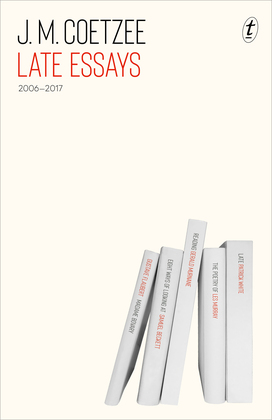 Late Essays$19.99
Late Essays$19.99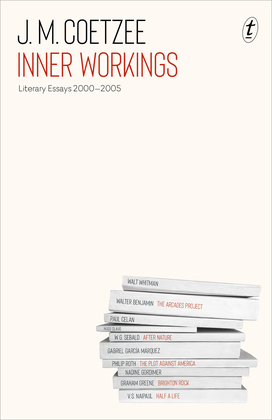 Inner Workings$19.99
Inner Workings$19.99 Stranger Shores$19.99
Stranger Shores$19.99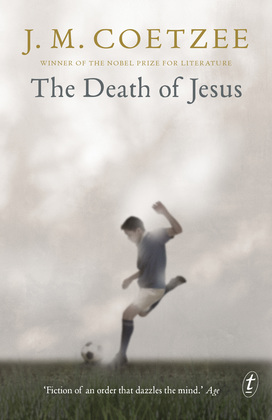 The Death of Jesus$22.99
The Death of Jesus$22.99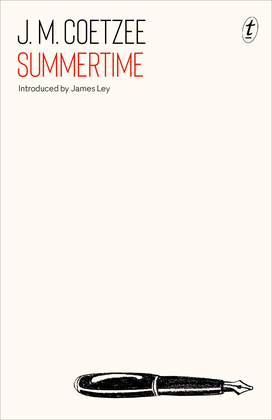 Summertime$19.99
Summertime$19.99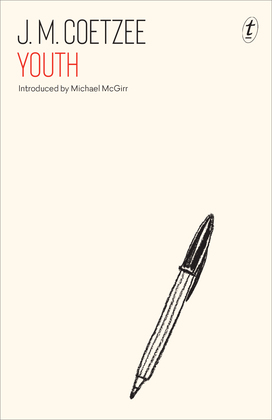 Youth$19.99
Youth$19.99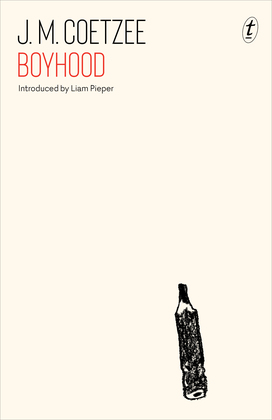 Boyhood$19.99
Boyhood$19.99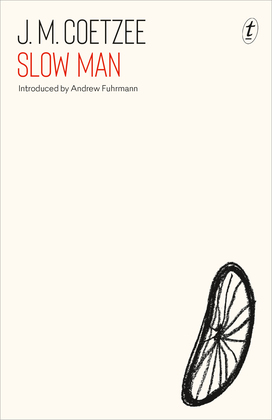 Slow Man$19.99
Slow Man$19.99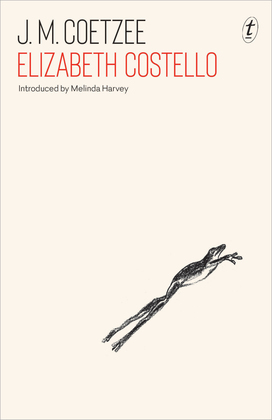 Elizabeth Costello$19.99
Elizabeth Costello$19.99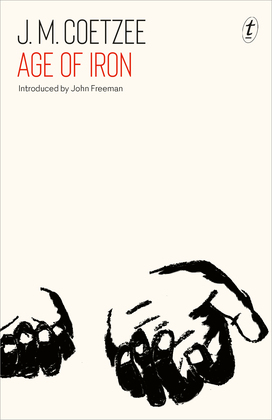 Age of Iron$19.99
Age of Iron$19.99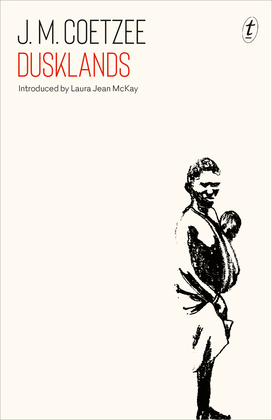 Dusklands$19.99
Dusklands$19.99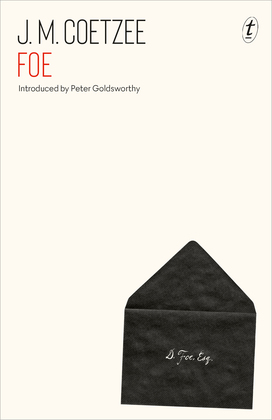 Foe$19.99
Foe$19.99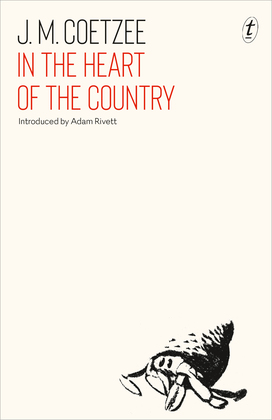 In the Heart of the Country$19.99
In the Heart of the Country$19.99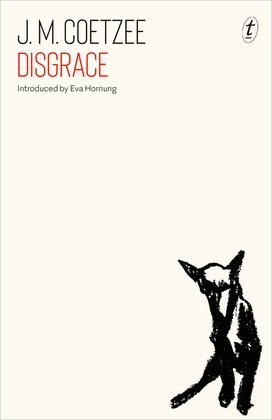 Disgrace$19.99
Disgrace$19.99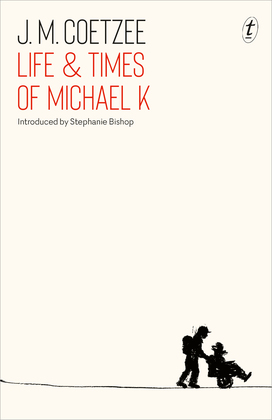 Life & Times of Michael K$19.99
Life & Times of Michael K$19.99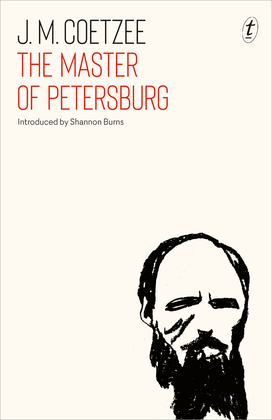 The Master of Petersburg$19.99
The Master of Petersburg$19.99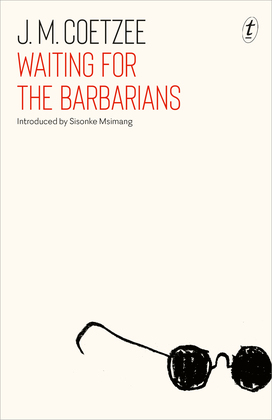 Waiting for the Barbarians$19.99
Waiting for the Barbarians$19.99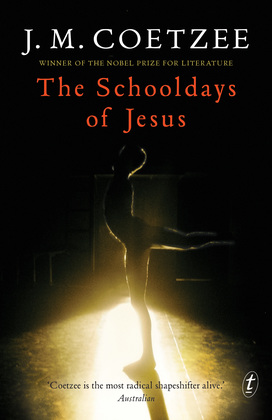 The Schooldays of Jesus$23.99
The Schooldays of Jesus$23.99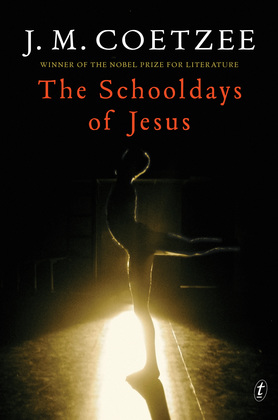 The Schooldays of Jesus$34.99
The Schooldays of Jesus$34.99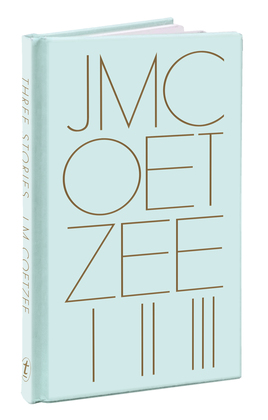 Three Stories$19.99
Three Stories$19.99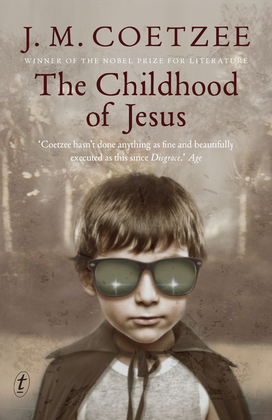 The Childhood of Jesus$22.99
The Childhood of Jesus$22.99 Diary of a Bad Year$14.95
Diary of a Bad Year$14.95

